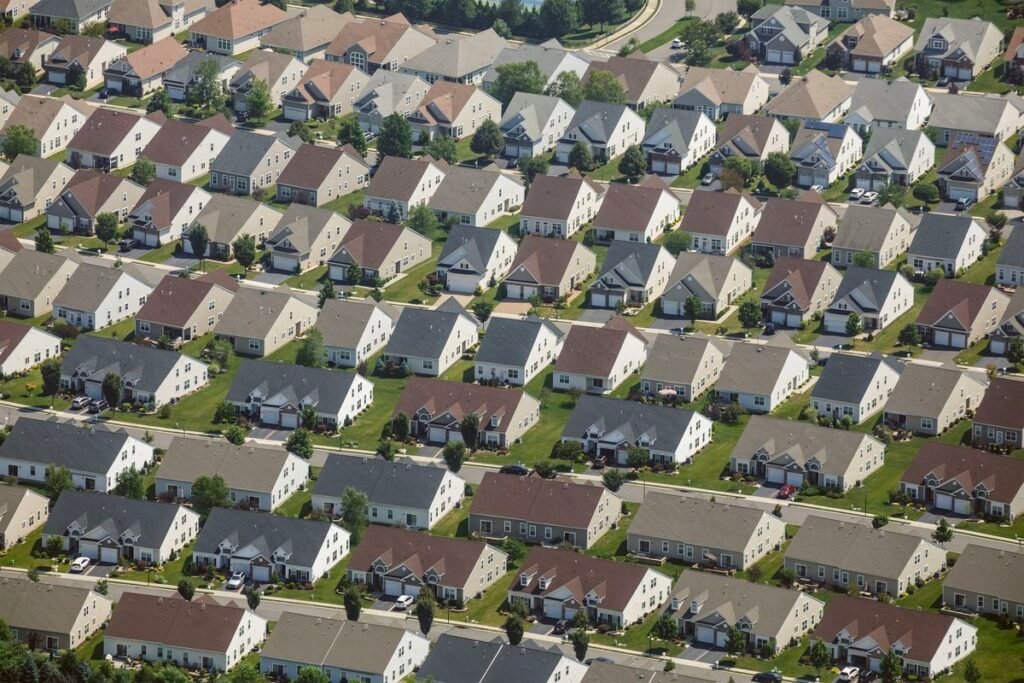Kenya’s real estate market has been one of the most dynamic sectors in the region, driven by rapid urbanization, a growing middle class, infrastructure expansion, and the dream of homeownership. Whether you’re an investor, a developer, a first-time homebuyer, or just curious about the property market, understanding the current landscape is essential.
1. Overview of the Real Estate Market in Kenya
Real estate in Kenya covers residential, commercial, industrial, and land segments. Nairobi continues to be the epicenter of real estate activity, but emerging towns like Thika, Kitengela, Athi River, Ruiru, Naivasha, Nanyuki, Kisumu, and Mombasa are gaining traction due to infrastructure growth and affordable land.
Over the past decade, the sector has seen:
A boom in gated communities and apartments
Rise in mixed-use developments (MUDs)
Government-backed affordable housing projects under the Big Four Agenda
A shift toward green and sustainable building practices
2. Residential Property Trends
The demand for affordable and mid-income housing continues to outstrip supply. Key trends include:
Apartments & Flats in urban areas for middle-income earners
Gated communities in satellite towns targeting families
Off-plan investments becoming popular with developers and buyers
Challenges include high cost of land and building materials, financing limitations, and slow processing of land titles.
3. Commercial Real Estate
The commercial space—especially office and retail—faced a slight slump during and after COVID-19. However, opportunities remain in:
Grade A office spaces in Nairobi for multinational companies
Retail spaces in urbanizing towns
Warehousing and industrial parks, especially along highways and near SGR routes
4. Land Investment in Kenya
Land remains one of the most sought-after investment vehicles in Kenya. Some high-potential areas include:
Joska, Matuu, Konza, Juja, and Nanyuki for residential development
Isiolo and Rumuruti due to devolution and infrastructure upgrades
Lamu and Diani for tourism and resort investment
Buyers are urged to conduct due diligence to avoid land fraud, especially in areas with multiple claimants or community land issues.
5. Legal and Regulatory Environment
Purchasing or selling property in Kenya requires a clear understanding of the process:
Land searches at the Ministry of Lands
Use of licensed real estate agents and lawyers
Adherence to zoning regulations
Payment of stamp duty, registration fees, and capital gains tax (for sellers)
Foreigners can own property in Kenya but not freehold land, only leasehold.
6. Real Estate Investment Opportunities
Opportunities abound for investors:
Short-term rentals and Airbnb in cities and coastal areas
Affordable housing developments targeting young professionals
Student hostels near universities and colleges
Holiday homes in tourism-rich areas like Naivasha, Diani, or Nanyuki
REITs (Real Estate Investment Trusts) are also growing slowly as a means to pool funds and invest in income-generating properties.
7. Digital Shift in Property Search
Most Kenyans now begin their property search online. Platforms like BuyRentKenya, Property24, MyCarXpress Real Estate, and Jiji offer listings, virtual tours, and contact with agents.
Developers and agents are increasingly leveraging:
Social media advertising
Virtual walkthroughs
Automated CRM tools
Drone photography and video for site marketing
8. Conclusion: What the Future Holds
Kenya’s real estate market is set for gradual but steady growth. As the government continues to invest in roads, energy, and technology, more locations become viable for both developers and buyers. The key lies in innovation, transparency, and affordability.
For anyone looking to enter the market—whether buying land, building a home, or investing in rentals—research, patience, and professional guidance are your strongest tools.

